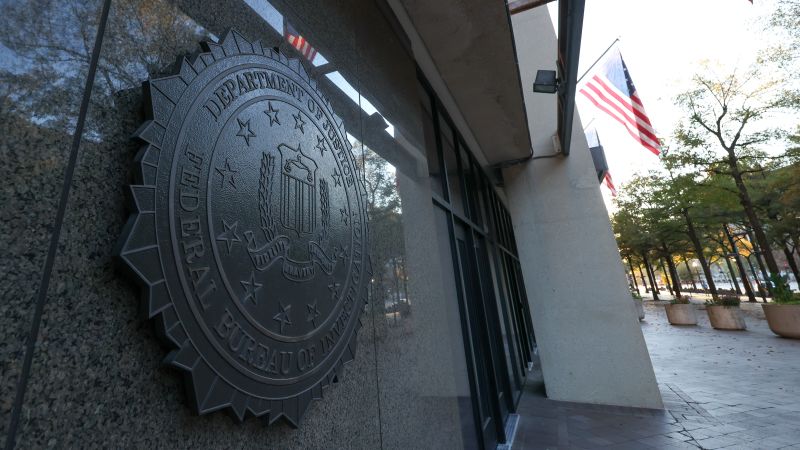In a shocking revelation, a recent report by the Justice Department’s inspector general has disclosed that a Mexican drug cartel employed a hacker to surveil a senior FBI official in Mexico City prior to or during 2018. This breach of security enabled the cartel to track the movements of potential informants, paving the way for intimidation and, in some grave instances, murder of cooperating witnesses. The report shines a light on the intersection of crime and technology, especially within the context of ongoing investigations into drug trafficking operations led by notorious violent organizations such as the Sinaloa cartel, famously associated with its previous leader, Joaquin “El Chapo” Guzmán Loera.
The hacker’s capabilities extended beyond mere observation; it was able to access the FBI official’s communication data, including calls made and received, alongside crucial geolocation information. This major violation of operational security came at a time when the FBI was deeply entrenched in its efforts to dismantle the Sinaloa cartel’s network. An alarming segment of the report highlights how the cartel utilized intelligence gathered by this hacker to locate and intimidate informants, resulting in severe repercussions for those who attempted to cooperate with law enforcement agencies.
The report elaborates on the systematic tracking of individuals entering and exiting the US Embassy in Mexico City, focusing on the FBI’s assistant legal attaché—an official role that necessitates close collaboration with Mexican law enforcement agencies. This information was crucial for the cartel, dramatically exposing how high-tech surveillance could easily slip into the hands of criminal enterprises and impact the safety of potential informants.
Technological exploitation in the battle against drug cartels has become an area of heightened concern for US law enforcement. The heightened national security emphasis from the Trump Administration designated cartels as foreign terrorist organizations, prompting a concerted effort to combat their operations. The FBI, Drug Enforcement Administration (DEA), and the US military have all ramped up their use of sophisticated surveillance methodologies to penetrate the networks of major cartels like the Sinaloa and the Jalisco New Generation Cartel, which have been identified as key players in smuggling deadly substances such as fentanyl into the United States.
The landscape of drug cartels has further evolved as they are increasingly being led by a new generation of tech-savvy individuals. The report notes that many of these individuals are adept at utilizing modern technological tools, including cryptocurrency, to facilitate their operations. A DEA official has remarked on the cartels’ proficiency in deploying advanced surveillance tactics to remain a step ahead of law enforcement, essentially turning the tables in an ongoing cat-and-mouse chase for dominance in the illicit drug market.
The inspector general’s report also raises significant alarms about the implications of high-tech surveillance on not just national security but also on the safety of law enforcement officials and those cooperating with them. Specific threats have been outlined, with some FBI and CIA members characterizing these developments as “existential” threats to public safety and national interests alike.
As the report lays bare, the risks associated with prevalent technical surveillance initiatives pose longstanding challenges. Criminal networks and less sophisticated nations can easily exploit vulnerabilities that arise due to advancements in commercial technology, which has made information access more convenient than ever.
The FBI is reportedly devising a “strategic plan” to address the concerns outlined in the inspector general’s report concerning the agency’s vulnerability to such threats. As the complexities of surveillance in the digital age continue to morph, the agency’s effort to adapt to and counter these emerging challenges will be critical. In the meantime, the FBI has delegated inquiries regarding the report’s findings to the Justice Department, with CNN seeking further comments on the situation.
The implications of this report underscore an urgent need for vigilance and innovation within law enforcement, particularly as drug cartels increasingly leverage technology to enhance their operations and evade justice.











